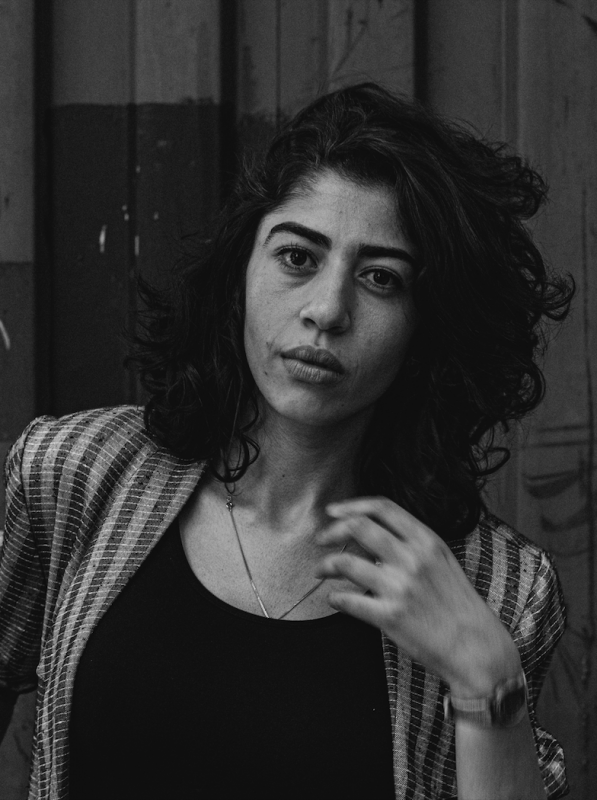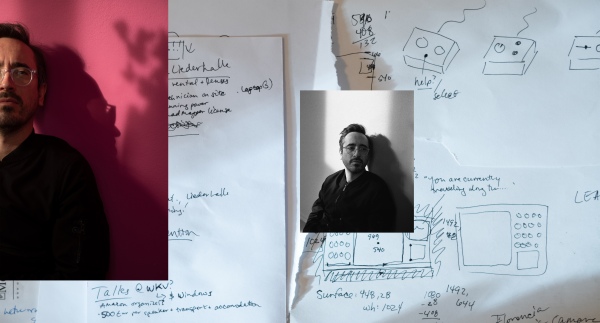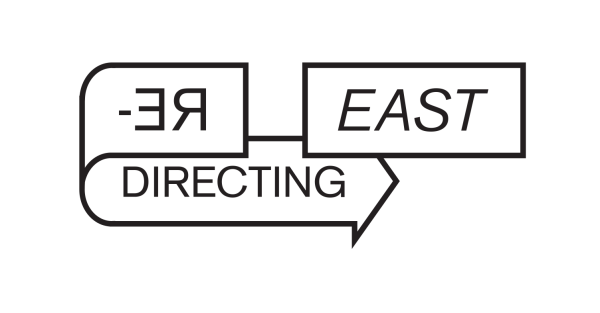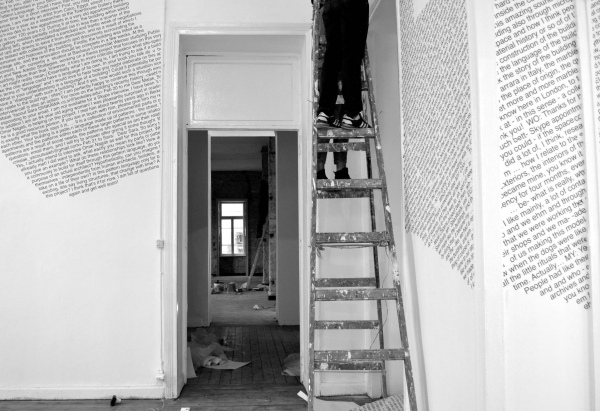Mariam Elnozahy on Re–Directing: East 2019
-
Marianna Dobkowska: Where do you come from and what did you bring with you to the Forum and the Re–Directing: East Seminar?
-
Mariam Elnozahy: In a time of institutional crisis, I began reflecting on the origins of contemporary art spaces in Cairo and their networks. I started by asking questions about the economic composition of not-for-profit contemporary art spaces, and how this economic framework had been operating over the past two decades. I focused on the relationship between private funding bodies and post-colonial “developing economies,” as they are seen vividly in the nexus of independent arts, cultural production, and trans-national non-governmental funding. My research led me to uncanny connections in the history of contemporary art institutions in the former Eastern Bloc, which resonated profoundly with the make-up of similar institutions in the Middle East. The focus themes of the Biennale, the Forum, and the Re–Directing: East Seminar at the Ujazdowski Castle Centre for Contemporary Art served as a perfect space to engage with and further develop my research. Entitled “Whose Open Society? Understanding Neoliberalism and the Economics of Artistic Production in the Middle East and Former Eastern Bloc,” my project draws a comparison between arts institutions in the Middle East, and the former Eastern Bloc, beginning with the Soros Centres for Contemporary Art all over Eastern Europe from 1985 until the early 2000s until the establishment of the Arab Fund for Arts and Culture in 2007.
-
-
What was your residency and seminar experience?
-
This particular Re–Directing: East residency was unique in that it was the first partnership between the Warsaw Biennale and the Ujazdowski Castle Centre for Contemporary Art. This backdrop facilitated a general collaborative ethos, not just between the five residents at the Ujazdowski Castle Centre for Contemporary Art, but between all of the actors who took part in the multifaceted Biennale programme, both from Poland and internationally. It was important for me to further develop my research in Warsaw’s dynamic arts landscape, especially at a crucial political moment in Poland. We were allowed to delve into conversations about the historical connections between Eastern Europe and the Middle East, and given the opportunity to learn more about the Polish context vis-à-vis global patterns of the 20th century. In the latter half of the residency, we experimented with different praxes in organising, testing and experiencing the trials and tribulations of trans-national cooperative frameworks. The innovative medium of the Biennale, which prioritised the “encounter” - be it assembly, meeting, or union - allowed us to develop deep interpersonal relationships, and engage in discussions that moved beyond the superficial characteristics of networking.
-
-
What will you take with you from the residency and the seminar?
-
The residency and seminar provided a space for critical inquiry into the politics of trans-national comparative frameworks. Along with my peers, I came away with a more in-depth understanding of the Polish historical and political context, specifically through evaluating the way in which other regions such as the Middle East are represented in the theoretical and socio-political discourse in Poland. It has been invaluable for me to deconstruct a lot of ideas about what constitutes trans-nationalism, to question the historical underpinnings of solidarity, and to ask the “big questions.” One of the most important parts of the residency was the opportunity to engage in a process of knowledge production, develop a foundation of mutual understanding (or misunderstanding), and assess what everyone’s preconceived notions are in order to begin to dismantle them in moving forward. I believe it was more valuable to do the intellectual work of establishing a collaborative discursive space than to think about an institution of the future, though they are inextricably interconnected. In the end, the value was in the process of building this foundation, which will inevitably lead to later developments in the future.
-
The intellectual work of the residency and the seminar could not have happened without the space and time to reflect, and it certainly would not have happened without the fellow interlocutors. The relationships that I built between the five residents, the organisers of the Biennale, and the curators of Re–Directing: East are indelible, and undoubtably, this is the most beneficial thing I take away from the residency and the seminar.



